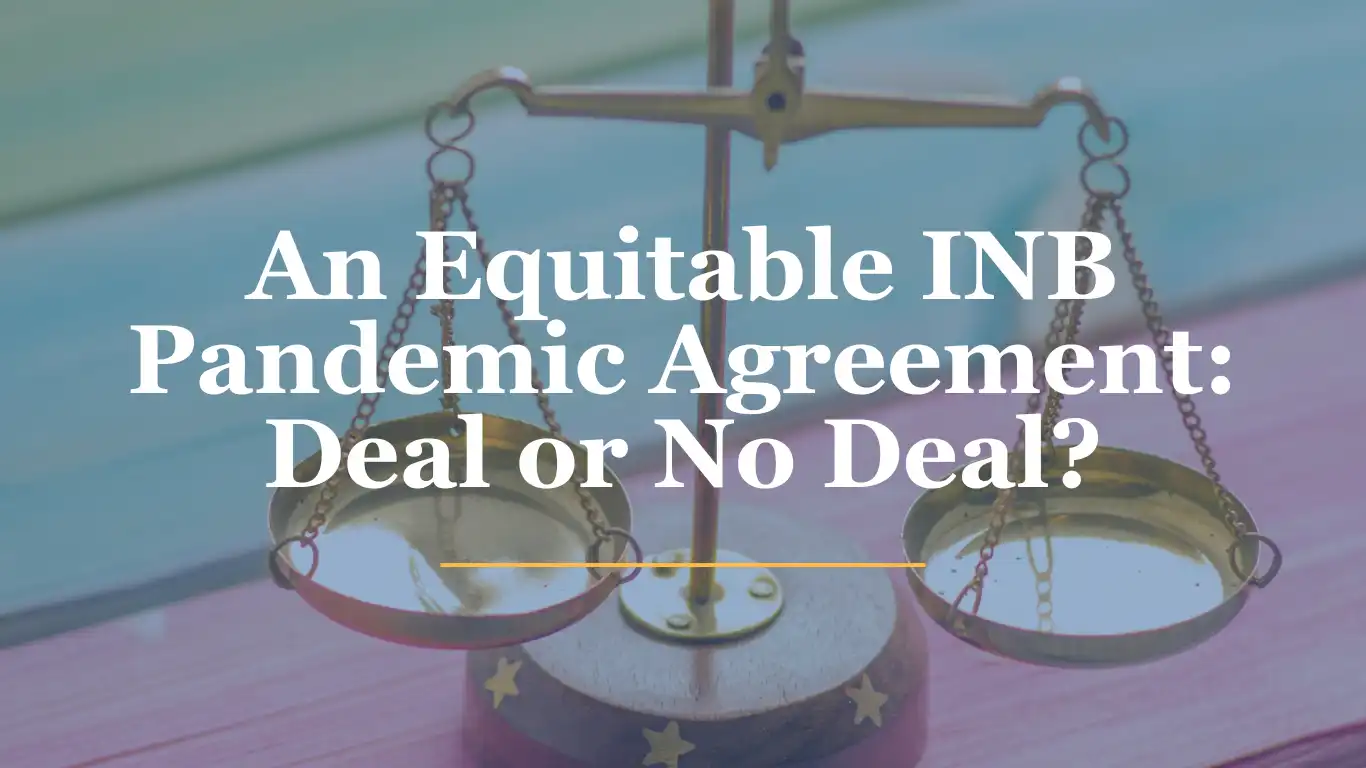Of all the long-term consequences of the COVID-19 pandemic, one that will have far-reaching and long-term health impact is the worrying rise in anti-vaccine sentiment. We know that COVID has had a dramatic impact on vaccine confidence, but that faltering confidence is unfortunately not limited to the COVID vaccine. New research and data show that misinformation and distrust surrounding the COVID vaccine has spilled over to other routine vaccines, such as measles, resulting in decreasing vaccination rates and increasing the risk of outbreaks. At the root of this trend is a pervasive and increasingly powerful engine of misinformation.
Vaccine misinformation is not new, but COVID has made it more mainstream and profitable. In the U.S., the archetype of the original anti-vaxxer was a parent opting for a more “natural” lifestyle for their children, but since the politicization of vaccines, the movement has gained traction, particularly among white conservatives. Anti-vaccine Google searches have also increased during the pandemic, peaking after various WHO announcements. Support for getting a COVID vaccine varies by region — 74.8% in West and Central Africa and 97.2% in Asia Pacific region — while vaccine confidence in the U.S. has decreased by 20% since the COVID-19 pandemic began. According to NPR, “articles connecting vaccines and death have been among the most highly engaged with content online this year.” And, what is fueling this surge in anti-vaccine misinformation? Profit. The anti-vaccine industry boasts annual revenues of at least US$36 million, according to the Center for Countering Digital Hate.
These days, many people including parents rely on the internet for medical information, but the facts are not the only thing they are finding. Studies show that “using the internet and social media as a source was associated with vaccine hesitancy.” In one study, 45% of parents who relied on the internet for vaccine information were vaccine hesitant, and parents who rely on the internet for vaccine information were significantly associated with vaccine hesitancy.
What does this mean for global health?
- In the short term, we are seeing more outbreaks of preventable diseases and thus more preventable deaths. Measles cases in January and February of 2022 surged 79% worldwide compared to the same time last year.
- Long term, this trend points to severe consequences. Outbreaks of measles or polio would divert staff and funds away from other health crises and be very expensive, with vaccine-preventable diseases posing an economic burden of US$9 billion in 2015 alone. Rather than focusing on R&D for new treatments or emerging diseases, we will be diverting funds to solve outbreaks that were preventable in the first place, wasting valuable time and resources.
So what can we do to stop this wave of vaccine misinformation? Vaccine misinformation and hesitancy varies by community, so responses must be tailored and specific.
- To learn more about who is funding vaccine misinformation efforts and how governments are responding, check out the Center for Countering Digital Hate.
- You can sign their petition calling on major technology companies to take action and remove vaccine misinformation along with superspreaders from their sites.
- For more information on vaccine education efforts, check out our resource hub on vaccine education.
In our global society and communications landscape, we cannot ignore the rising tide of health misinformation. Just like a virus, what starts with misinformation about one disease in one community, can quickly evolve to infect other communities around the world.



